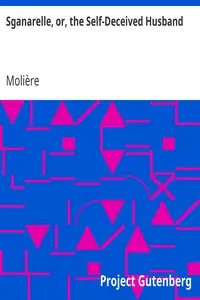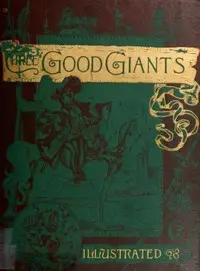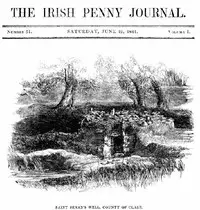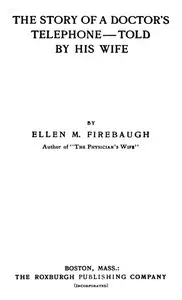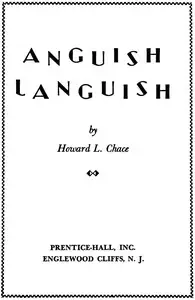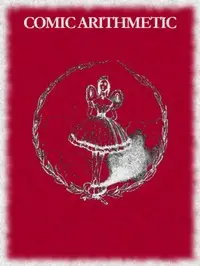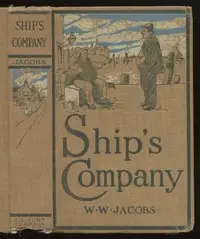"The Learned Women" by Molière is a comedy written in the late 17th century, which tackles themes of gender roles, intellectualism, and marital dynamics. The play centers around the characters Chrysale, an honest bourgeois, and his wife Philaminte, who is determined to raise their daughters, Armande and Henriette, as learned women, much to the frustration of the more traditional Chrysale. The interplay between the characters highlights the absurdity that arises from the clash between societal expectations of women and the pursuit of knowledge. The opening portion of the play introduces us to the contrasting desires of the two sisters, Armande and Henriette. Armande is disdainful of marriage, aspiring instead to intellectual pursuits, while Henriette is eager to find love and marry her suitor, Clitandre. Their exchanges reveal the tension between their differing philosophies on life. As they discuss marriage and the nature of love, the entrance of Clitandre further complicates the situation, as he openly declares his affection for Henriette, prompting Armande's jealousy and outrage at the prospect of being overshadowed. The scene sets the stage for a comedic exploration of love, ambition, and the conflict between progressive ideals and traditional values. (This is an automatically generated summary.)
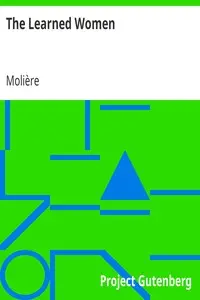
The Learned Women
By Molière
"The Learned Women" by Molière is a comedy written in the late 17th century, which tackles themes of gender roles, intellectualism, and marital dynami...
Genres
Released
2005-08-01
Formats
epub
mobi (images)
mobi
epub (images)
epub3 (images)
Free Download
Overview
About the Author
Jean-Baptiste Poquelin, known by his stage name Molière, was a French playwright, actor, and poet, widely regarded as one of the great writers in the French language and world literature. His extant works include comedies, farces, tragicomedies, comédie-ballets, and more. His plays have been translated into every major living language and are performed at the Comédie-Française more often than those of any other playwright today. His influence is such that the French language is often referred to as the "language of Molière".
Total Reviews
10.0k
Total reviews from Goodreads may change



